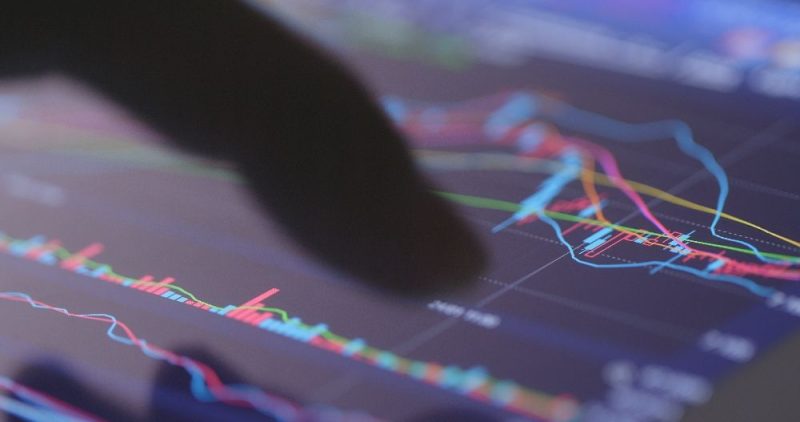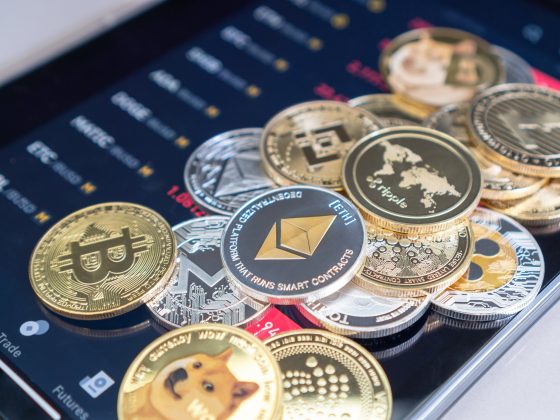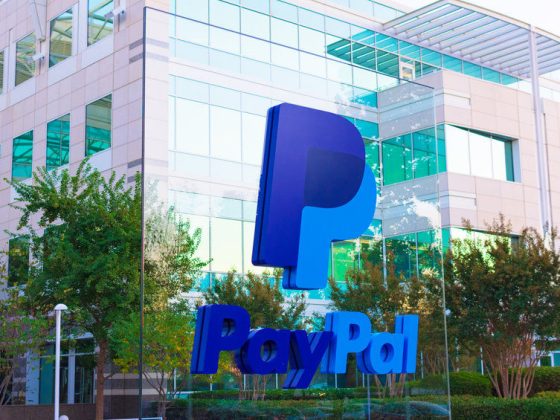On Tuesday, the Brazilian stock market experienced a notable turnaround, with the Ibovespa index rising by 1.4% and surpassing the crucial threshold of 132,000 points.
This resurgence followed five consecutive days of declines and reflects a strong positive reaction from investors to China’s recent economic stimulus measures aimed at bolstering growth amid ongoing challenges.
As one of Brazil’s key trading partners, favorable news from China significantly influences Brazilian stocks, particularly in the commodities sector, which has direct ties to Chinese demand for minerals and agricultural products.
The recent stimulus measures have instilled optimism among investors, hinting at a potential increase in demand that could benefit Brazilian exporters. Vale S.A., the country’s leading iron ore mining company, emerged as a standout performer, with its shares rising over 4.5%.
This surge aligns with an uptick in mineral prices, closely linked to the anticipated demand boost from China following the stimulus announcement.
Vale’s dominant position in the global iron ore market underscores its vulnerability to shifts in Asian demand, making its performance crucial not only to Brazil’s economy but also indicative of broader geopolitical influences on local stock market dynamics.
Analysts remain optimistic about Vale’s continued strong performance as market conditions evolve.
Petrobras benefits from rising oil prices
Meanwhile, Petrobras, Brazil’s state-owned oil company, also saw its shares increase by 1%, largely driven by a recovery in global oil prices that had been in decline.
As Petrobras navigates operational challenges and seeks improved profitability, this rebound in oil prices brings a measure of hope.
Investors are cautiously optimistic about the company’s ability to capitalize on this upswing to enhance its financial standing.
Notable gains across sectors
The positive momentum was not confined to Vale and Petrobras; several other major companies reported substantial gains.
WEG, a leading electric motor and equipment manufacturer, saw a 1.7% rise in its stock price.
Similarly, Banco do Brasil, recognized for its robust banking services, increased by about 2%.
Other firms, including Eletrobras, JBS, and Suzano Papel e Celulose, also experienced share price increases ranging from 1.5% to 2.2%.
This diverse array of gainers suggests a broad market recovery and reflects widespread investor optimism across various sectors.
Despite the stock market’s positive performance, economic anxieties linger.
The Central Bank of Brazil has adopted a cautious stance regarding inflation, raising concerns about the reliability of government fiscal data.
Following a recent increase in the Selic rate to 10.75%—the first hike in two years—investors are apprehensive that the Central Bank’s warnings could signal potential economic instability.
The minutes from the latest Copom meeting revealed no initiatives to curb inflation, further underscoring a deteriorating inflationary landscape.
Forecasts indicate medium-term inflation could rise, presenting an increased risk of price pressures that may threaten economic stability.
The post Ibovespa gains 1.4% after Chinese stimulus announcement: Vale, Petrobras lead the charge appeared first on Invezz


